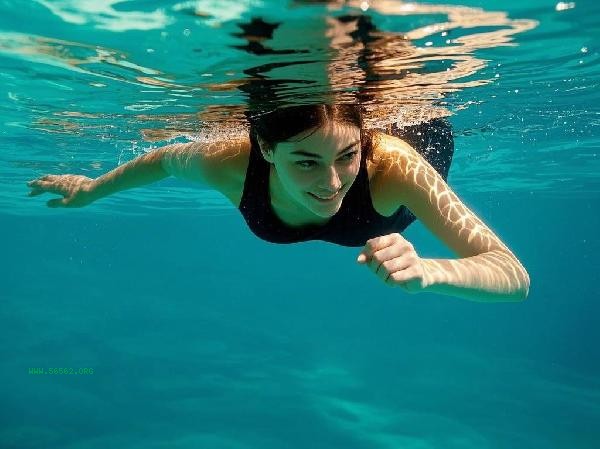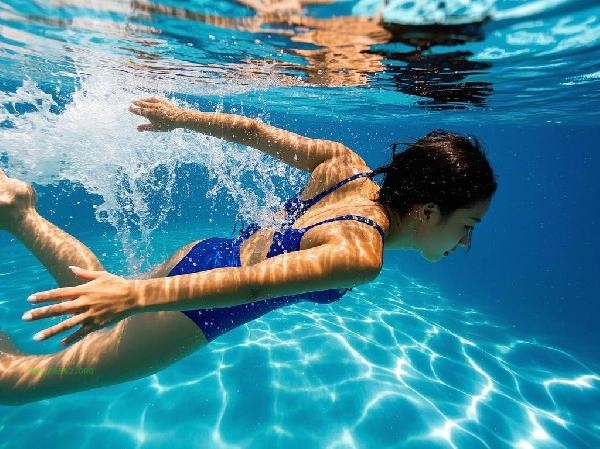The easy hunger after swimming is mainly related to increased energy consumption in the water, the need for temperature regulation, and accelerated water metabolism. When swimming, all muscles in the body participate in the exercise, resulting in a high calorie consumption. At the same time, the cold water environment stimulates the body to produce more heat to maintain body temperature, further increasing energy demand. After swimming, the body is in the stage of energy replenishment and recovery, and gastrointestinal peristalsis accelerates, naturally leading to hunger. Swimming, as a whole-body aerobic exercise, can burn a large amount of calories per hour, far exceeding land exercises such as jogging. The resistance in water is 12 times that of air, and each movement requires overcoming greater resistance, resulting in a significant increase in muscle fiber contraction frequency and intensity. The decrease in core temperature during swimming activates brown adipose tissue to produce heat, which requires continuous consumption of blood sugar and fat reserves. Cold water stimulation can also promote thyroid hormone secretion, accelerate basal metabolic rate, and maintain high levels for several hours after exercise. Some individuals may experience abnormally strong hunger after swimming, which may be related to hypoglycemic reactions. Long term swimming without timely energy supplementation can lead to a decrease in blood sugar levels and stimulate the secretion of ghrelin. People who do not eat enough before swimming or have insulin resistance problems are more likely to experience such situations. When swimming, diabetes patients should pay special attention to monitoring blood glucose changes to avoid dangerous hypoglycemic events. Supplementing with complex carbohydrates and high-quality protein after swimming can help stabilize blood sugar levels.

It is recommended to consume moderate amounts of slow-release carbohydrates such as whole wheat bread and bananas one hour before swimming, and to supplement with sports drinks every 30 minutes during swimming. Within 30 minutes after swimming, consume a recovery meal with a protein to carbohydrates ratio of 1:3. Choose oatmeal Congee with eggs, yogurt with nuts and other combinations to effectively alleviate hunger. Increasing the intake of vegetables and fruits rich in dietary fiber in daily life can prolong satiety time, while maintaining regular swimming habits can help the body adapt to energy metabolism patterns and reduce abnormal hunger.









Comments (0)
Leave a Comment
No comments yet
Be the first to share your thoughts!